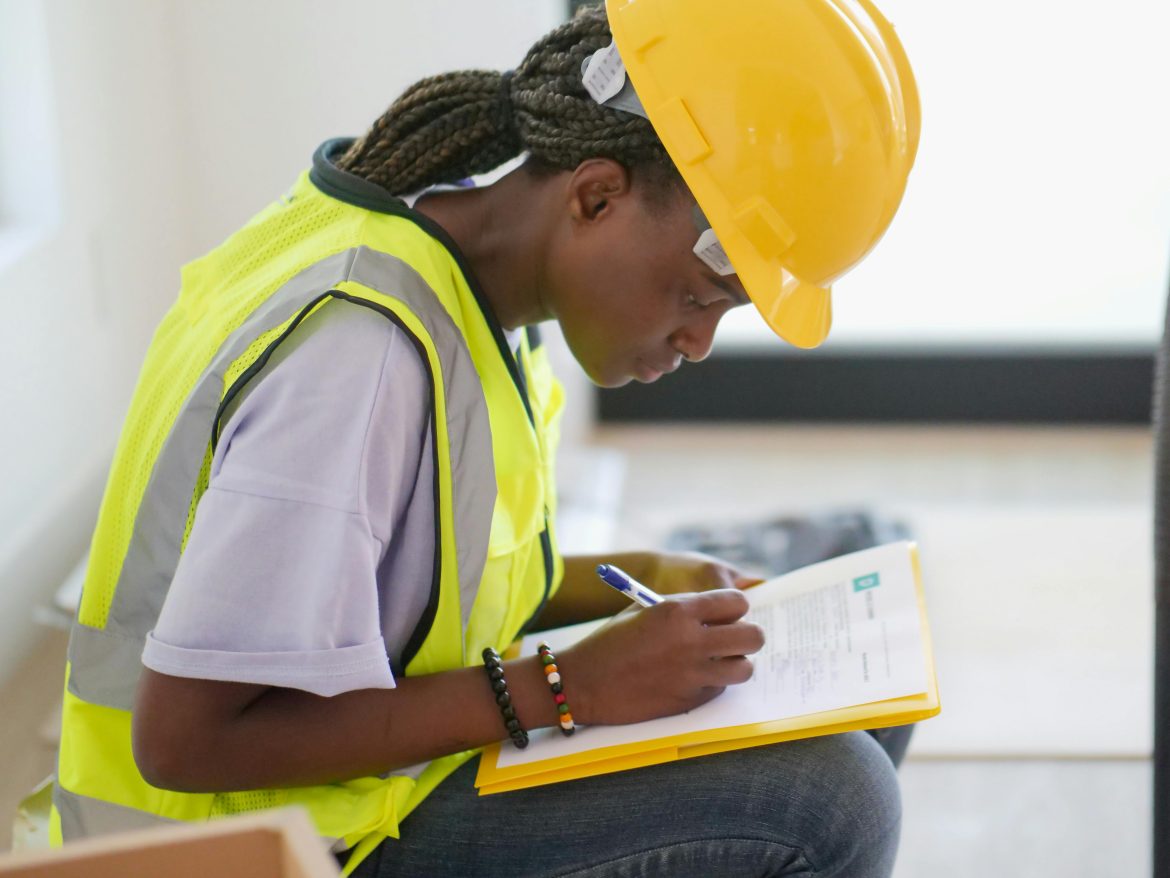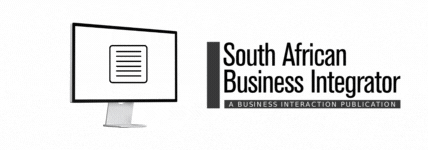South Africa is grappling with a convergence of critical challenges – water insecurity, failing infrastructure, energy instability, and an overstretched public health system. Addressing these urgent issues requires a robust pipeline of skilled engineers, technical professionals, and scientific problem-solvers. Yet, the country faces a severe shortage.
Currently, South Africa has fewer than 40 000 registered professional engineers serving a population of over 60 million, a ratio far below global benchmark. This shortage poses a direct threat to achieving national development goals in infrastructure, public health, and climate resilience.
As we mark World Youth Skills Day, under the theme “Youth Empowerment Through AI and Digital Skills”, the spotlight turns to a pressing concern: young South Africans are not being equipped with the digital and STEM skills needed to succeed in the future economy.
With declining pass rates in mathematics and science, and ongoing misconceptions that careers in engineering and technology are out of reach, South Africa must act now. The focus must shift to accessible education, inclusive training, and investment in digital and technical skill development—especially in underserved communities.
The skills gap crisis starts in school
According to Neil Manson, Dean of the School of Engineering, Science & Health at IIE MSA and The IIE’s Varsity College, the shortage of engineers in Africa is catastrophic. “In Portugal, there are around 25 Civil Engineers per 10 000 people. In South Africa, it’s only about 5,” he says. “We are desperately short of engineers both in South Africa and across the continent.”
The implications of this shortfall are evident all around us, from potholes and malfunctioning traffic lights to leaking water pipes and unreliable sanitation in rural areas. “Yes, there are political and managerial factors too, but you can’t fix a broken system without having people who know how it works leading the charge, and right now, we just don’t have enough of those people,” adds Manson.
As Mteto Nyati, current chair of Eskom’s board and a qualified engineer with a BSc in Engineering, told the Daily Maverick in an interview: “We do not have the capacity as a country to develop the kinds of plans that are required and then implement them. We have outsourced that capability to consultants. And those consultants have never worked in government. They do not understand the challenges of government.” This, he believes, is why South Africa continues to struggle with service delivery.
Is AI replacing engineers
With AI being a hot topic in education and engineering, Manson emphasises the need to be clear-eyed about its potential and its limits. “AI is a tool, and yes a powerful one at that, but it’s not going to replace the need for human reasoning, ethics or the ability to solve problems in unpredictable, messy environments.”
Building this future means addressing deeper systemic issues, including the low pool of matriculants achieving university-level maths and science marks. “There is a skills and knowledge gap that starts in schools, and we need to place more emphasis on subjects that open the door to engineering and the sciences,” he adds.
Nyati also commented similar sentiments in a recent LinkedIn post, stating that “Our nation is currently grappling with numerous challenges – energy, logistics, crime, corruption, unemployment, poverty, inequality, poor education and health systems. To successfully navigate these, we need to deploy the right people with the right skills and the right values”.
The ‘brain drain’
With more than half of young Africans considering emigration in the next three years according to the African Youth Survey 2022, and many of those who do qualify in high-demand fields like engineering and medicine leaving to work in other countries, South Africa is facing a double blow.
“Not only are we failing to produce enough skilled professionals, but we’re also struggling to retain the ones we do have. This skills drain is quietly gutting our ability to deliver basic services and rebuild failing infrastructure, to the point that we simply won’t be able to compete in a digitally driven global economy.
“Unless we create meaningful local opportunities supported by quality education and clear pathways into real jobs, we’ll keep losing the very talent we need to fix the country’s challenges,” says Manson.
As such, for parents and learners weighing up future careers, engineering is a smart choice, being a high-demand, high-impact profession that won’t be automated out of existence and is critical to everything from safe water to clean energy to future-proof cities.
The Independent Institute of Education (IIE MSA and IIE Varsity College) is the first private higher education institution in South Africa to receive full accreditation from the Engineering Council of South Africa for its mechanical and electrical and electronic engineering programmes. The Engineering Council of South Africa is the only African signatory to the Washington Accord, a global agreement that recognises the equivalence of accredited engineering education programs in over a dozen countries, including Australia and the UK.
South Africa needs more engineers if it wants to retain tax-paying, industry-contributing talent and fix infrastructure issues and play a more central role in the Fourth Industrial Revolution. Growing these skills from early on at school level is crucial in achieving this, to ensure more engineering graduates are skilled, ethical, AI-literate engineers who can design better systems for safer communities.



